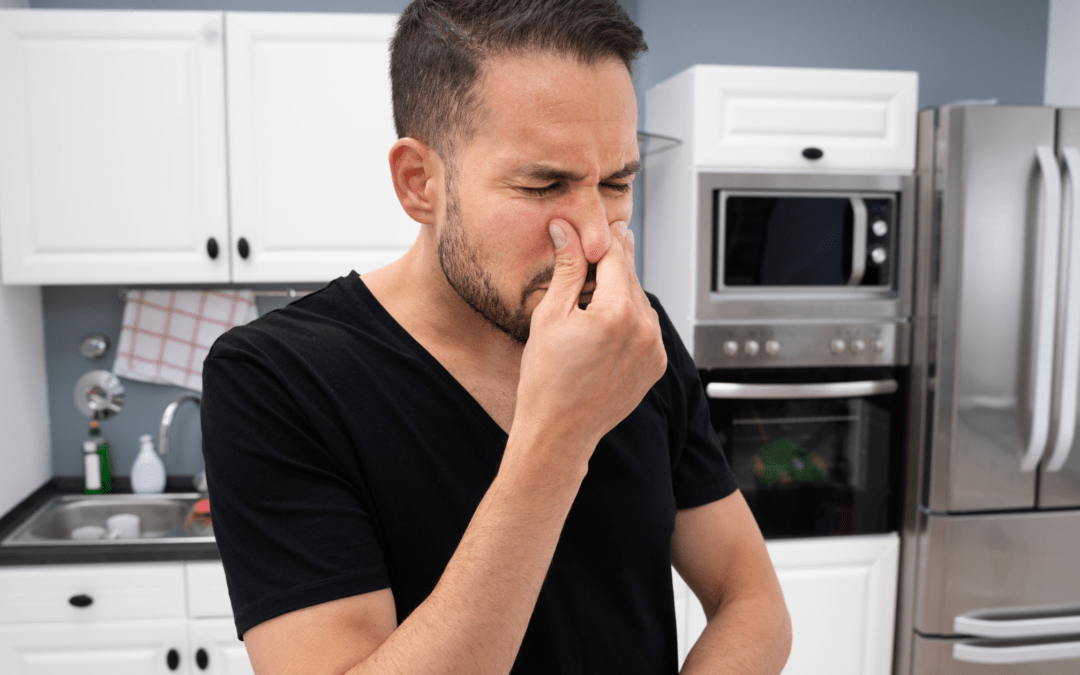Can you recall the last time you walked into your bathroom or kitchen and noticed a strange, unpleasant smell? If you’re not sure what’s causing the funky odor, the culprit might be sulfur. Sulfur gas, usually in the form of hydrogen sulfide, is notoriously smelly, often compared to rotten eggs. It can affect your indoor air quality, create an uncomfortable environment, and also be a sign of underlying plumbing issues. In this post, we’ll explore what sulfur smells like, why it matters for your plumbing, and what you can do about it.
Identifying the Smell of Sulfur
The first step to dealing with sulfur odors is to understand what they smell like. As mentioned earlier, sulfur has a distinctive odor similar to rotten eggs or sewage. It’s described as pungent, putrid, and unpleasant. You can usually detect sulfur smells near your drains, especially in the bathroom and kitchen. However, it can also come from other sources, such as the water supply, broken sewage pipes, or gas leaks.
Causes of Sulfur Smells in Your Plumbing
Sulfur odors in your plumbing are a red flag that something is amiss. In most cases, the cause of sulfur smells is related to the wastewater system. It might indicate that your sewage pipes are broken or corroded, causing leaks and blockages. If the smell is strongest in your hot water, it might mean that your water heater has a bacterial or fungal infection. Other causes of sulfur smells in your plumbing could include high levels of minerals in your water, dead rodents, or mold growth.
What to Do About Sulfur Smells
If you’re experiencing sulfur smells in your plumbing, it’s crucial to take action as soon as possible. Aside from being unpleasant, these smells can indicate serious health and safety risks, such as gas leaks or exposure to sewer gas. Here are some steps you can take to address sulfur smells in your plumbing:
- Schedule an inspection with a professional plumbing service to diagnose the cause of the smell and recommend the appropriate solution
- Use a drain cleaner or baking soda and vinegar to remove any buildup in your pipes that could be causing the odor
- Install a water filtration system or water softener to remove minerals and other impurities from your water supply
- Replace any damaged or corroded sewage pipes
- Ensure proper ventilation in your home to prevent the buildup of gas and mold
Prevention Tips for Sulfur Smells
Prevention is always better than cure when it comes to plumbing problems. Here are some tips to prevent sulfur smells in your plumbing:
- Flush your drains with hot water regularly to prevent buildup
- Never pour toxic chemicals down your drains
- Flush only human waste and toilet paper in your toilet
- Have your sewage lines inspected and cleaned at least once a year
- Install a gas detector in your home to detect gas leaks early
Conclusion
In conclusion, sulfur smells in your plumbing are not just unpleasant, but they could also be a sign of a more severe problem. Understanding what sulfur smells like, its causes, and how to prevent and address it can help you maintain your plumbing system, ensure your safety, and improve your indoor air quality. If you’re experiencing sulfur smells in your home, don’t hesitate to reach out to a professional plumbing service to get the problem fixed pronto.

